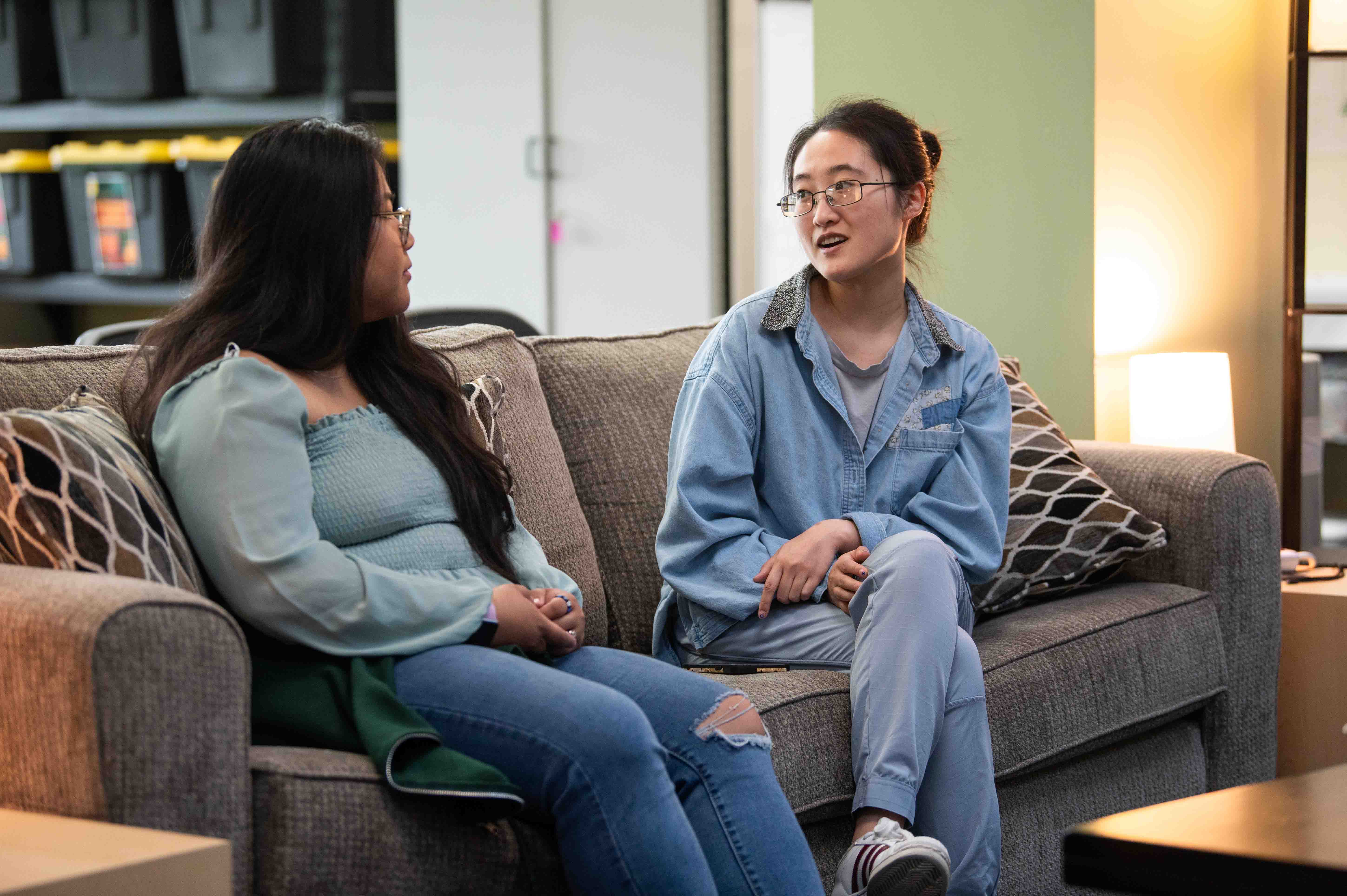Peer Interaction Tools

Best Practices
- Decide what type of interaction you want students to have and use that to guide your choice of tools
- Limit your course to one or two tools, so students can focus on the content, not learning how to use each tool
- Using UAA Core Tools increases the chance that students will use the tool in other courses, so only use external tools if there is a compelling pedagogical reason
- Introduce each tool with a low-stakes assignment to let students practice using it
- Plan how to make activities fully accessible as you design them
Peer Interaction Tools
There are a variety of ways to structure student engagement with the content, with you, and with each other. This page covers tools that primarily create opportunities for student-student interaction. Use the Peer Interaction sheet on our Tools Comparison chart to decide which tools best fit your needs. Students can also interact with web conferencing tools.
- Blackboard Tools
Blackboard Tools
You can assign student interaction via Blackboard tools, most commonly Discussions and Blogs. Discussions let users post and reply to messages, creating a common repository. Discussions are organized by forum, with multiple students creating and replying to threads within each forum. They emphasize peer interaction, while blogs emphasize individual authorship, with comments by peers.
- ePortfolios
eWolf ePortfolio
ePortfolios foster complex, multi-stage, and reflective individual and group work. UAA has its own eWolf tool for ePortfolios. Use individual portfolios to collect course work and reflect on growth, group or class portfolios to create content websites on specific topics or projects, and the conversations feature to include peer review or commenting. ePortfolios are a High-Impact Educational Practice.
- Contact our ePortfolio Initiative Coordinator at 907-786-6035 or at pwasko@alaska.edu for ePortfolio assistance, or visit the ePortfolio website to customize your project and develop student instructions.
- eWolf’s Folio 411 introductory ePortfolio
- UAA eWolf directory (examples of efforts around the University)
- VoiceThread
VoiceThread
VoiceThread is a Blackboard-integrated tool to hold asynchronous discussions on slides, images, or video presentations. Students can comment at specific times in a presentation, answer each other’s questions, and create their own presentations.
- VoiceThread Resource Guide shows how to use this tool with Blackboard
- Communicate with Your Students with VoiceThread (video)
- VoiceThread Basics for Faculty guide
- VoiceThread Accessibility
- Google Apps
Google Apps
Google Drive, Docs, Sheets, Slides, etc. are part of UA’s Google Suite for Education. Many instructors use these platforms to share information with students, but they also support both synchronous and asynchronous peer interaction and collaborative work.
- Microsoft Office 365 (including Teams)
Microsoft Office 365 (including Teams)
Office 365 is a productivity tool for UA students, faculty, and staff. Students can share files via OneDrive and edit using the Office Online versions of MS Word, PowerPoint, Excel, etc. Unlike Google Apps, only one user at a time can edit files. The programs’ downloadable desktop versions have more features than the web versions.
Office 365 includes Teams, a chat-based platform that classes can use to incorporate social media style discussions on a UA-password-protected tool.
Resources
- Better Blackboard Discussions guide
- Communicate using Blackboard and VoiceThread webinar (video, 21:55) has tips for asynchronous class discussions and student engagement
- Ideas for Course Activities
- Course Design Trail Guide Module 4: Build a Learning Path, has a course activity tool to help you narrow your choices (it’s in section 5. “Plan an Activity”)
- Seven Principles for Good Practice in Undergraduate Education, Chickering & Gamson, 1987
- Three Types of Interaction, Moore 1989
- Provide Multiple Means of Engagement, UDL CAST
Faculty Development & Instructional Support
Center for Advancing Faculty Excellence, Instructional Design, and Center for Community
Engagement and Learning
Library 213 • 907-786-4496 • uaa_facultysuccess@alaska.edu • Monday – Friday, 8 a.m. – 5 p.m.









